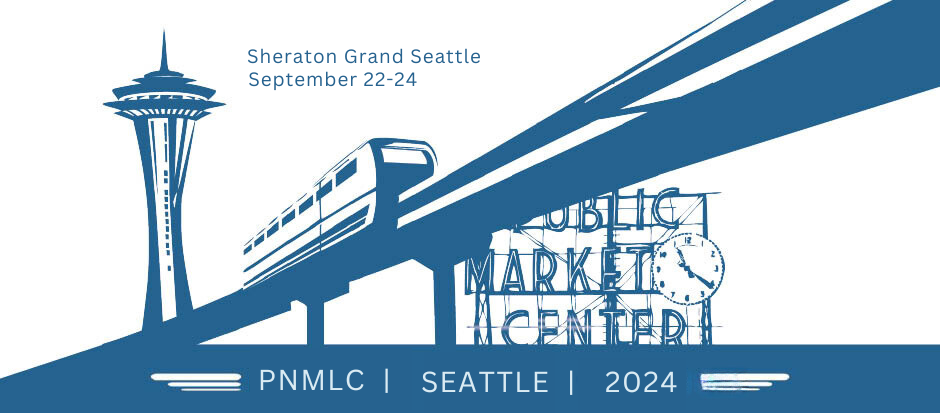Weekly Radar #315: Removing The Guards, Helping The Silver Generation, Knights Of The Retrofit Roundtable

In this Weekly Radar, we cover:
- Egypt's $1 billion hydrogen-powered skyscraper in the New Administrative Capital is a bold green energy gamble, contingent on a clean energy supply chain and dwarfed by Saudi Arabia's Line megaproject.
- Proptech companies have a prime opportunity to drive energy retrofits by leveraging their expertise in digital knowledge sharing platforms and industry partnerships, key factors in successful retrofit markets like Massachusetts.
- Compass Plus aims to bridge the gap between older adults and essential services like home health and estate planning, but the initiative risks overextending Compass if focus and prioritization are not maintained.
- Landian, launched by Josh Sitzer and partners, offers flat-fee real estate services aimed at disrupting the buyer's agent model following the Sitzer/Burnett lawsuit, but pricing and operational challenges make its success unlikely.
- The GEM Proptech Index had a combined market cap of $231.562B, a 1.11% decrease from the previous week.
As always, links surrounded by the ❇️ emoji indicate exclusive GEM Diamond content. If you would like to have access to all links, please consider GEM Diamond membership.
Geek Estate Blog Recap:





Transmission Recap:
This week, Drew Meyers provided an example of an agent with an irreplaceable value proposition, positing that technology alone cannot replicate the true advocacy, knowledge, and nuanced empathy that come with buyers agency. Last week, Spondon Hazarika explores the misaligned incentives and inequities for agents and poses an alternative compensation model based on effort and value.
CLIMATE
GREEN PYRAMID SCHEME
By: Logan Nagel
Egypt’s new capital city, the New Administrative Capital, will be benefiting from a brand-new $1 billion hydrogen powered skyscraper to anchor its claim as a growing green energy hub in the region. It’s a disproportionate concentration of capital—the rest of the new district, comprising 20 other skyscrapers, collectively costs $3 billion. It’s also a gamble on the future of hydrogen as an energy source.

The skyscraper is slated to use hydrogen-generated renewable electricity, but it’s very possible to produce hydrogen via dirty processes as well. The extent to which the tower’s energy supply chain keeps things clean will be the determinant of its success as a high-visibility green project. What’s clear, though, is that a single skyscraper—even a billion-dollar one—is much less of a moonshot than other transformative urban projects in the region like the 170-kilometer Line megaproject in Saudi Arabia.
KNIGHTS OF THE RETROFIT ROUNDTABLE
By: Logan Nagel
A recent report from RMI suggests that hitting global climate goals will require the development of a nationwide market for building energy retrofits. RMI previously worked on establishing a retrofit market in Massachusetts, and identified a number of developments that led to retrofit market growth in that state. Two of the most interesting were stakeholder partnerships, such as between industry and government, and the launch of a knowledge sharing platform (for instance, sharing energy and cost data of different retrofit strategies).
These are two areas where proptech companies have an opportunity to make massive progress. Logistically, tech providers are well-suited to launching a digital knowledge sharing platform—many already have extensive customer success knowledge databases. Proptech professionals are also very capable of launching organizations and partnerships between industries—Global PropTech or the GEM itself are great examples of bridging segments. Someone needs to lead the charge toward more support and action for energy retrofits, and if tech can take the vanguard, more efficient materials and processes are likely to remain front and center for the long haul.
REAL ESTATE
REMOVING THE GUARDS
By: Drew Meyers
Along with Bryce Galen and Neal Batra, Josh Sitzer (yes, a plaintiff in the Sitzer/Burnett lawsuit), launched Landian with the goal of "help[ing] homebuyers benefit from the rule change that resulted from the lawsuit by offering flat-fee real estate agents on demand," according to TechCrunch. Costs are as follows:
Tours: $49 per tour, paid upfront, with no further obligations or commissions.Agent-Written Offers: $199 per offer sent, ensuring professional guidance throughout the process.AI-Powered Offers: $99 per offer, providing a cost-effective, technology-driven option for drafting and submitting your offer.Exclusive Agent Package: For a $1,799 flat-fee commission, payable at closing, you can opt into our exclusive agent package, which includes a maximum of 5 tours and 2 offers.

Where to start....

